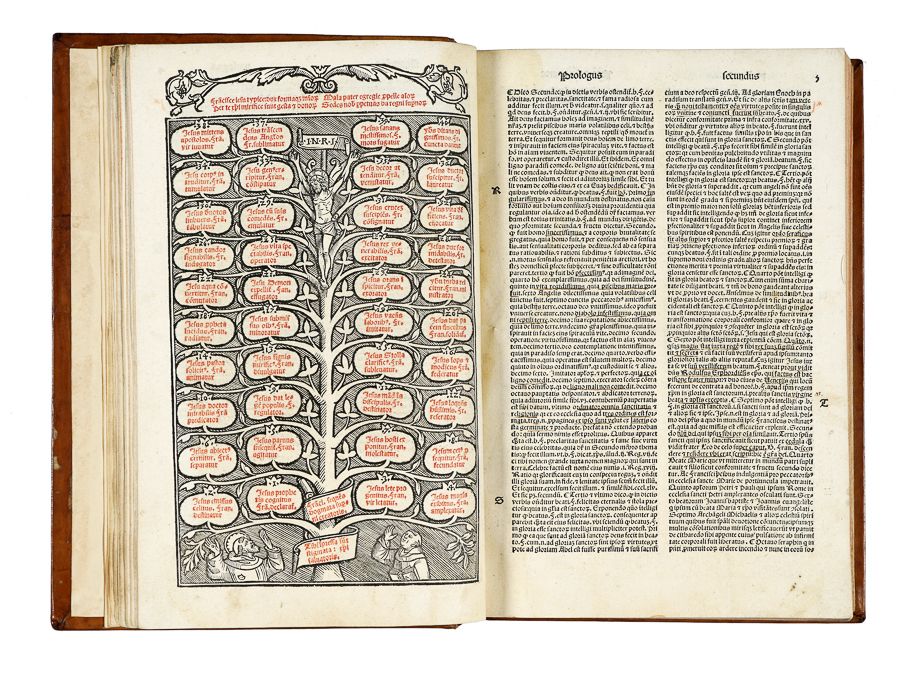

Parliament refused its army back pay and indemnity for its actions during the fighting, and the army refused to disband until it was paid. Parliament was for mandatory presbyterianism in the church in England, Charles for bishops, and the parliamentary army for religious freedom among protestant traditions. By 1646 Parliament’s standing ‘New Model’ Army had won. But the English Parliament prioritised its grievances against Charles, and both sides escalated until civil war broke out between them. Charles was forced to recall parliament for support against rebellions in Scotland and Ireland, which his religious policies had unwisely provoked. He also broke his word on a regular basis.Įvents came to a head in the 1640s. Charles I pushed it harder than his father and simply dismissed Parliament, which by longstanding custom had been consulted over taxation, and enacted new and arbitrary taxes to pay for his rule. The Stuart kings came from Scotland where Parliament was much less powerful relative to the Crown than had long been the case in England, and simply did not understand this. When Parliament subsequently raised its own standing army, Waller declined to be part of it. Bodies of troops under the two men in question clashed more than once in 16. Waller died in 1668.Ĭivil wars are always horrible because the divide runs through every town, village and even family. Sir William Waller served as a Member of Parliament but became increasingly disillusioned with the new Commonwealth and subsequently worked for the Restoration of the Monarchy, which began in 1660 with Charles II. Whatever the outcome I will never willingly relinquish the title of Your most affectionated friend.įollowing the eventual defeat of the Royalist cause Sir Ralph Hopton fled to the Continent with the young Prince Charles. Let us do so in a way of honour and without personal animosities. In the meantime, we are upon the stage and must act those parts that are assigned to us in this tragedy. The God of peace in his good time will send us peace. That great God, which is the searcher of my heart, knows with what a sad sense I go about this service, and with what a perfect hatred I detest this war without an enemy but I look upon it as an Opus Domini and that is enough to silence all passion in me. Certainly my affection to you is so unchangeable that hostility itself cannot violate my friendship, but I must be true wherein the cause I serve. The experience I have of your worth and the happiness I have enjoyed in your friendship are wounding considerations when I look at this present distance between us.

To my noble friend Sir Ralph Hopton at Wells It seems that countries are doomed to do this from time to time. This one heartbreaking letter reveals the tragedy that was unfolding all over the country at the time, as friends and families were torn apart by forces not of their making but that proved impossible to to resist.

The former was a General in the Parliamentarian army, the latter held the same rank in the Royalist army. It was written by Sir William Waller to his friend Sir Ralph Hopton on 16th June 1643, during the (First) English Civil War and it is the last known communication between the two men. Apparently, it’s very famous but I had never seen it before, and it struck me as unbearably moving. I found this letter by accident yesterday while I was searching for something else.


 0 kommentar(er)
0 kommentar(er)
